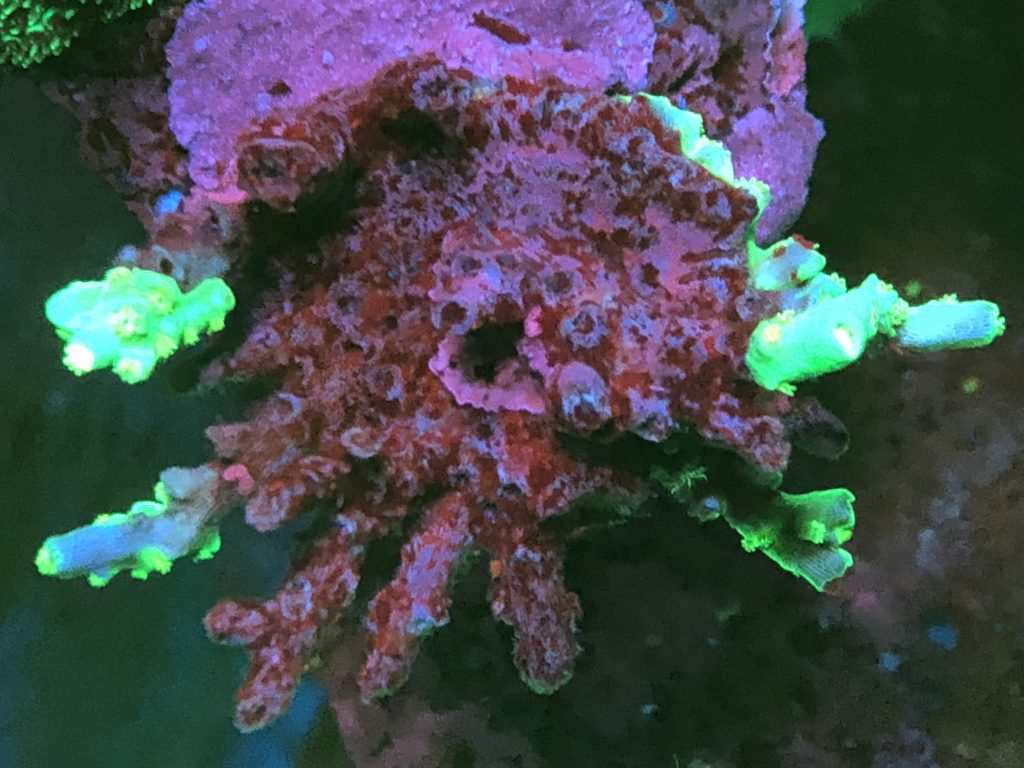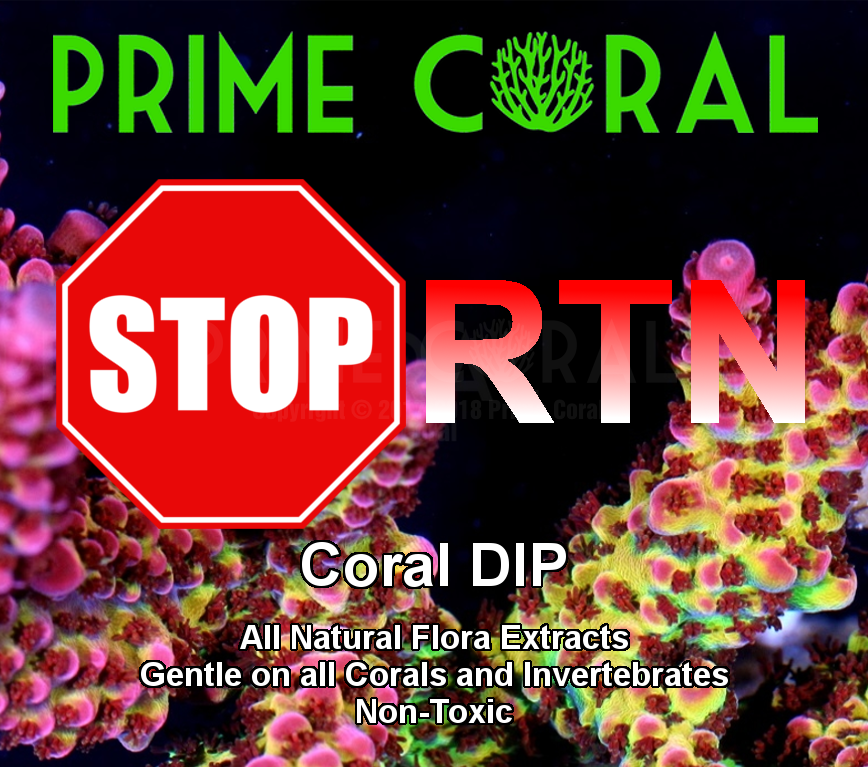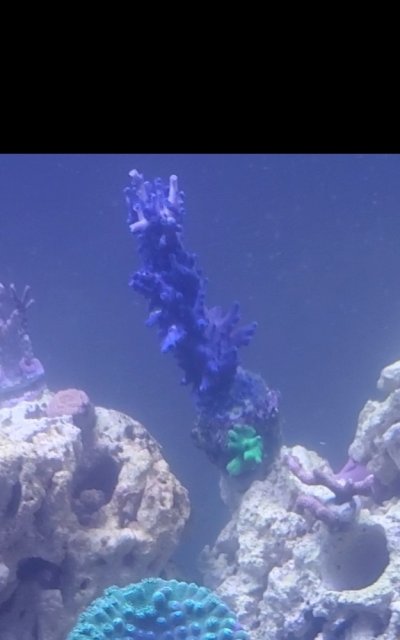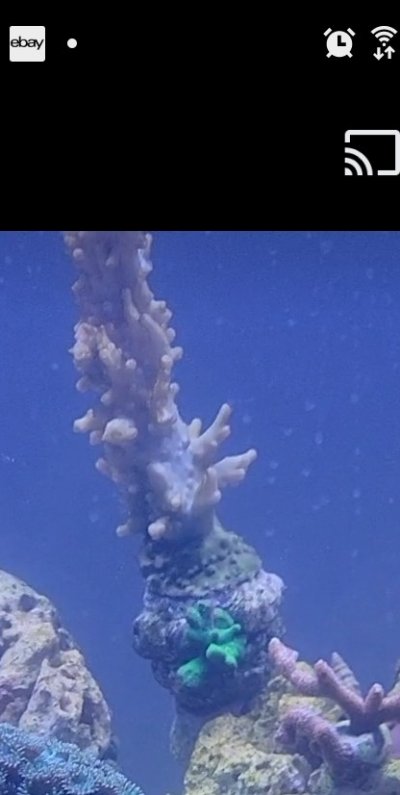I have been around for a while and people have always kept certain corals too soon or otherwise got in over their heads. I know the tendency is for horrible recency bias (like kids thinking that 2020 was worst ever instead of world wars killing hundreds of thousands or millions of them), but not much has changed here IMO.
Everybody has experienced RTN. If you have not, then just wait. If you have a young tank or are fresh in acropora, then you probably need to learn more and stuff, but sometimes it just happens to even the most seasoned and you just have to not take it personally or chase any parameters or anything.
Edit: for anybody looking for a dip or other snake oil, you are going to be disappointed. The corals either need to be healthy enough to survive and fight that stuff off (if that is even really the problem) or they are not going to make it anyway. I feel like most that stuff is total bunk and preys on the unknowing - if philaster is an issue and is in every tank, then people who have healthy corals must have some alien mutations. IMO, these folks are just selling a promise and want your money. I would spend your money on getting a more stable reef tank.
Everybody has experienced RTN. If you have not, then just wait. If you have a young tank or are fresh in acropora, then you probably need to learn more and stuff, but sometimes it just happens to even the most seasoned and you just have to not take it personally or chase any parameters or anything.
Edit: for anybody looking for a dip or other snake oil, you are going to be disappointed. The corals either need to be healthy enough to survive and fight that stuff off (if that is even really the problem) or they are not going to make it anyway. I feel like most that stuff is total bunk and preys on the unknowing - if philaster is an issue and is in every tank, then people who have healthy corals must have some alien mutations. IMO, these folks are just selling a promise and want your money. I would spend your money on getting a more stable reef tank.





















